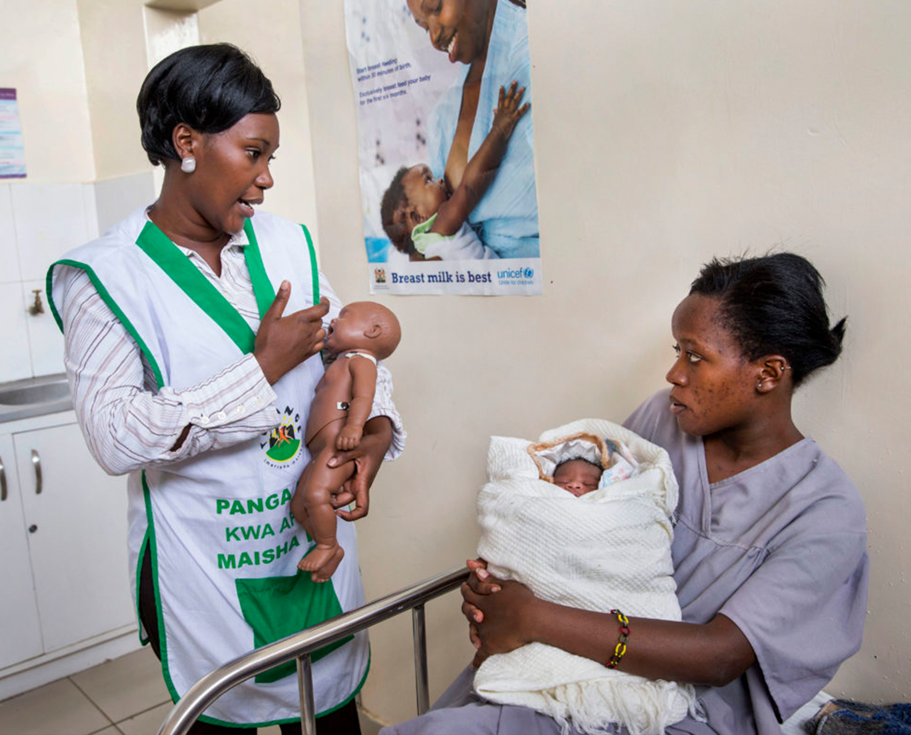WIC Food Package Updates – Making a Critical Program Even More Impactful
The Special Supplemental Nutrition Program for Women, Infants, and Children (WIC) is a critical program in providing healthy foods and nutrition services for more than 6.3 million pregnant and postpartum women, infants, and children across the country.
Building on the program’s success and strengths, the U.S. Department of Agriculture (USDA) published a proposed rule to update the food packages to further reduce health disparities and ensure that all women and children have a healthy first 1,000 days. The proposed rule would permanently increase the Cash Value Benefit for fruits and vegetables, add seafood across food packages, increase whole grain options to better represent culturally-diversified recipes, include new substitution patterns and flexibility to improve participant access to WIC foods and support breastfeeding.
Why we’re excited
First, the proposed rules are more closely aligned with the latest research and science, such as this series in the American Journal of Public Health, so everyone is given the best, most up-to-date nutrition guidance.
In particular, we applaud USDA for increasing benefits for fruits and vegetables while decreasing juice in the proposed rule. This change better aligns with the recommendations in the Dietary Guidelines for Americans (DGA) to consume whole fruits and vegetables and limit juice intake in young children. (Click here to learn more about serving juice to kids.)
We also commend the proposals to strengthen support for moms and babies across a wider range of breastfeeding options, including those that mostly, but not exclusively, breastfeed. These changes provide partially-breastfeeding people with food packages that align with their higher calorie needs and also adds flexibility to the amount of formula provided for partially-breastfed infants. These changes better support individual breastfeeding goals.
These additional flexibilities in the WIC food packages, along with the WIC breastfeeding peer counselor program, which connects moms with others from their community to provide education, encouragement and support, will help all moms with their infant feeding needs. It takes everyone to support breastfeeding, not just the mother. (To dive a little deeper, listen to this interview by former WIC breastfeeding peer counselor, Chrisonne Henderson.)
1,000 Days joins many of our partners in strongly supporting the proposed WIC food package changes. Nutrition in particular plays a foundational role in a child’s development. The proposed WIC food packages take a critical step in ensuring implementation of the Dietary Guidelines for Americans for families who need the extra support with healthy foods and nutrition education, which is critical to the health and well-being of parents and babies. (Check out these short videos about some of the DGA recommendations.)
What you can do
We invite you to join us in submitting supportive comments to USDA. The National WIC Association has a template and online submission form to make it quick and easy! Comments are due by February 21, 2023.







